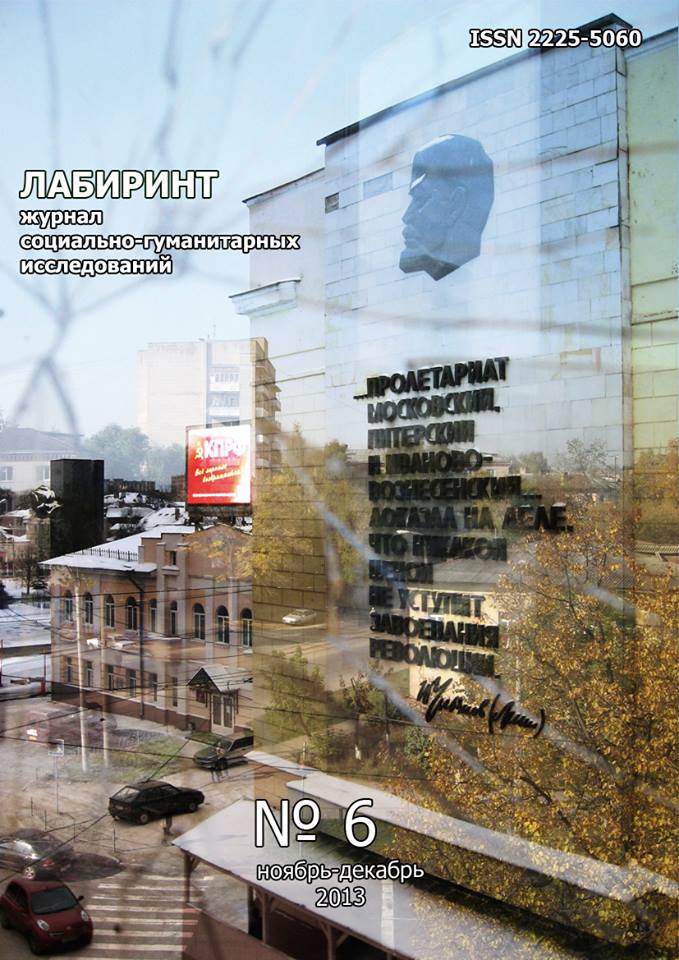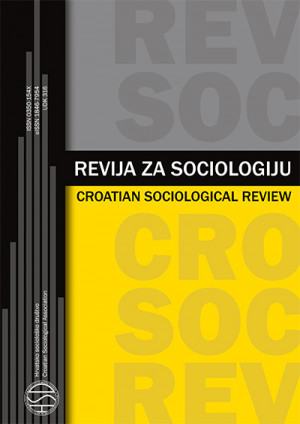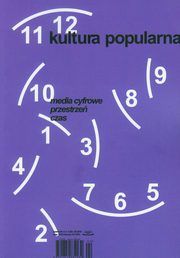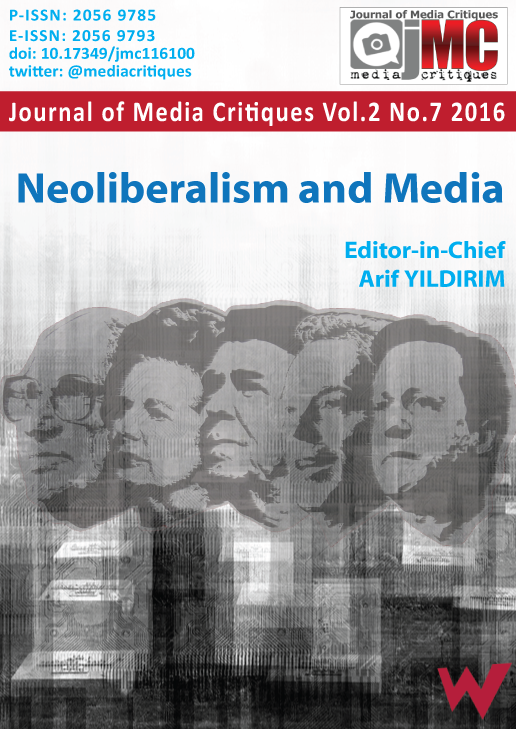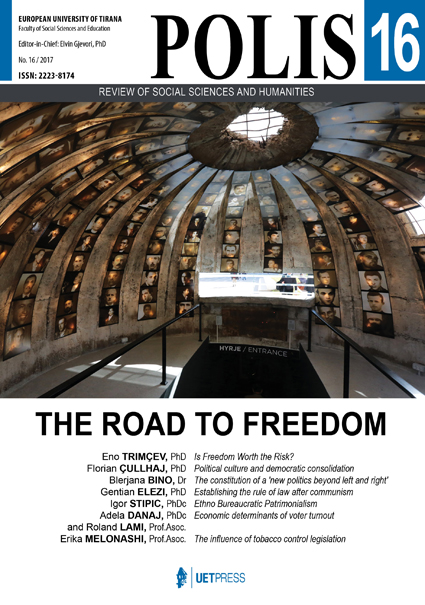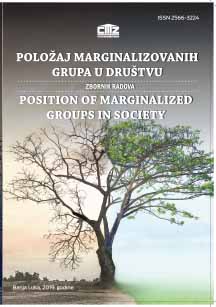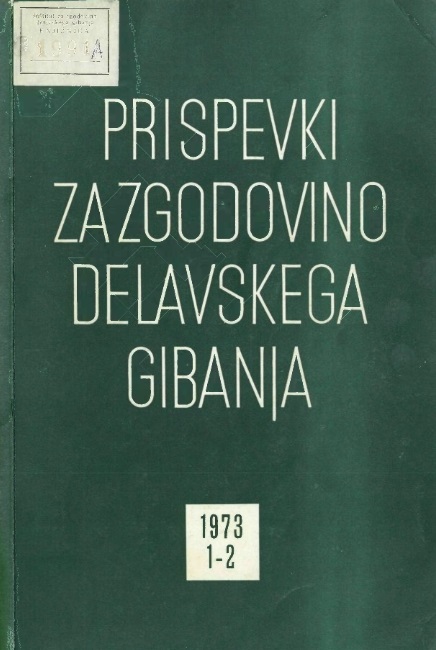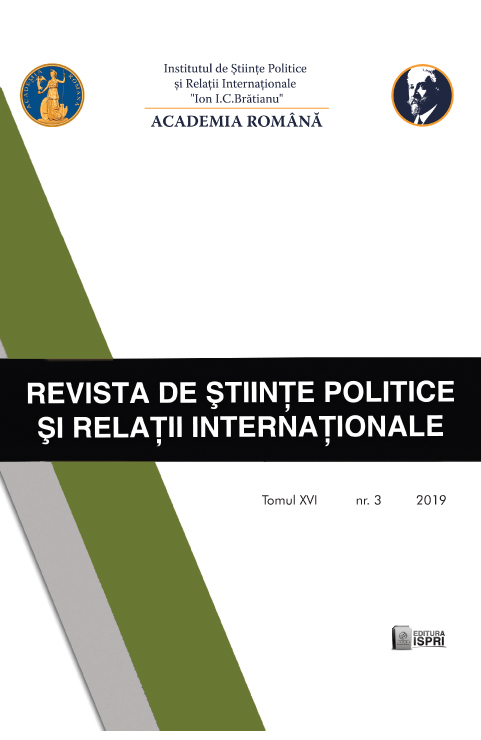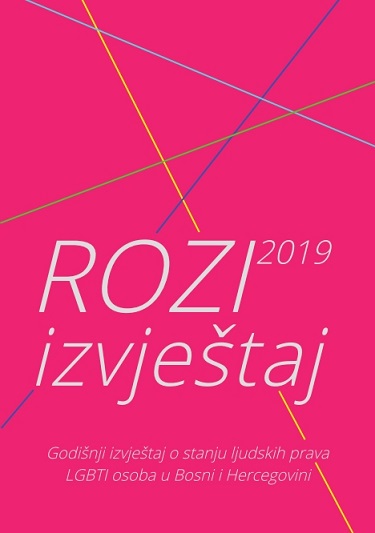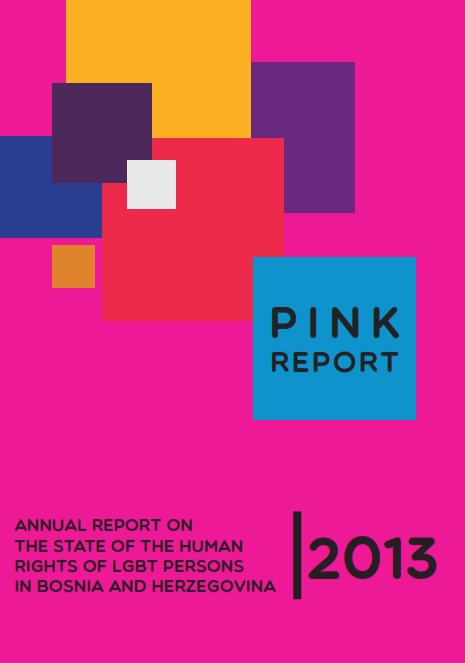Author(s): Mariña Barreiro,Vladana Vasić,Jordan Maze,Saša Gavrić / Language(s): English
Issue: */2013
Experiences of homophobia and transphobia remain very common in Bosnia and Herzegovina (BiH) with limited or no action taken by authorities to address such discrimination, harassment and violence. Regular attacks against LGBT persons as well as attacks against LGBT human rights defenders and hateful comments in print, online and electronic media further fuel the atmosphere of intolerance against LGBT people. The complex federal system, the low level of progress in the field of rule of law and the generally low level of visibility of LGBT persons and LGBT activism allow political structures to be negligent in their protection of LGBT rights. On the positive side, police forces have also demonstrated increased willingness to take into account LGBT-specific issues. In one of the Cantons of the Federation of BiH, Canton Sarajevo, they have even collaborated with civil society and Sarajevo Open Centre on their own sensitization in an effort to increase the both the trust of LGBT persons in governmental institutions as well as the number of reported cases. Nevertheless, the attack on the Merlinka Festival shows that the freedom of assembly for LGBT persons is not guaranteed. There is an obvious need to continue working with law enforcement institutions (police, prosecutors’ offices and courts). Violations of the human rights of LGBT persons in BiH represents a much wider spectrum of individual cases of discrimination or violence, and points to institutional and legislative neglect, disregard of the needs and rights of LGBT persons and the unwillingness of state institutions to implement the laws of Bosnia and Herzegovina. As a quantitative research project showed,1 there is a very low level of sensitization throughout the general population towards LGBT people, as well as insufficient knowledge about the problems that LGBT people face. 56.5% of the respondents said “homosexuality must be cured,” which is a result of a lack of knowledge and plethora of entrenched stereotypes about homosexuality, which has been removed from the list of illnesses and social disorders. For three fourths of the respondents, same-sex kissing in public is unacceptable, whereas having a sex change is considered repulsive by 59.5%. In 2013, the LGBT community has become more visible within BiH society, especially through the work of human rights organisations who work to prevent discrimination and violence against LGBT persons. However, a large percentage of LGBT persons still live in hiding, making invisibility one of the biggest problems in the community. The first step to be recognized and protected is to be visible and claim your rights, especially in a politically challenging context like contemporary BiH.
More...

